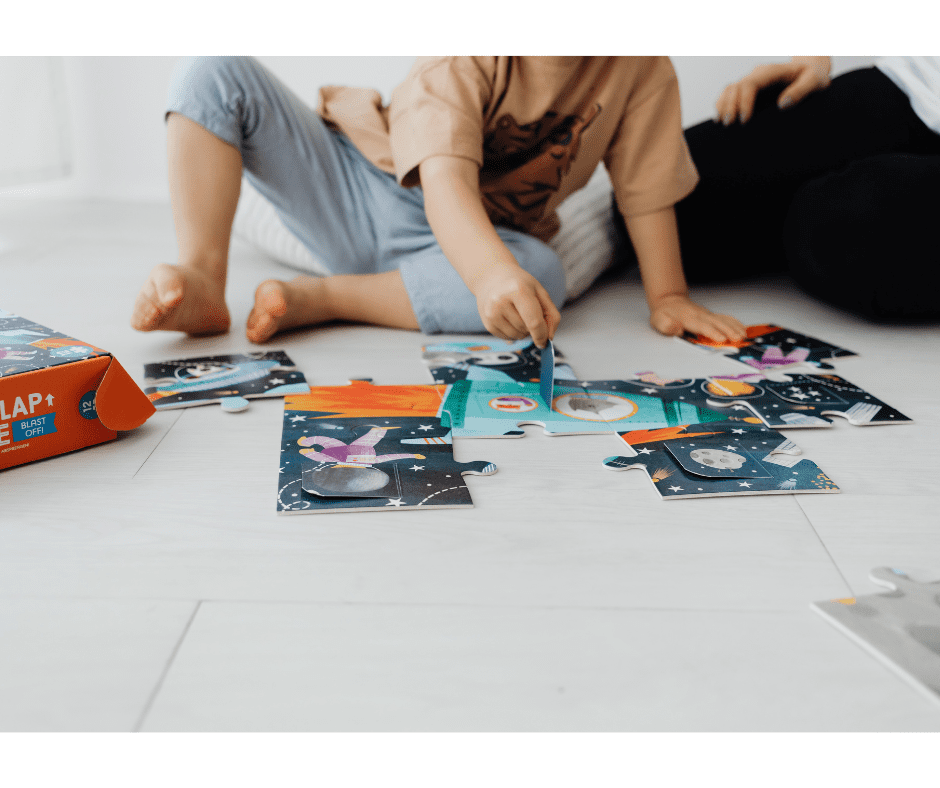NOTE TO SELF: Kids aren’t born naughty
Nature or nurture has been a hot topic for many years – and over time experts have tended to lean towards one, or the other. Today, evidence seems to support the environment we provide for children has the biggest influence on their behaviour.

The developing brain
Research shows that the brain is at its most vulnerable in the early stages of development. Even before a baby is born, their experience in utero (in the mother’s womb) has a huge impact on brain development.
For example, if the mother’s stress hormones are elevated during pregnancy, so too are her baby’s.
When there is continued stress in utero, babies are born with elevated cortisol levels. The adrenal gland keeps these cortisol levels at a heightened state after birth. What we subsequently see is a dysregulated child, who can be very anxious. It is this anxiety, combined with the child’s reaction to their perceived belief of what will happen next, that we sometimes label “bad behaviour”.
Maybe if we knew – or could empathise with – the child’s earliest experiences, we could offer a different style of parenting.
Put their behaviour in context
I hear the word “manipulative” a lot and try to reframe this as “survival”.
In my mind, children who have had an experience that was bad enough to have been removed from their biological parents (and it needs to be bad before removal becomes an option), are amazing. Not only have they moved away from everything familiar to them, but they’ve been put in a totally foreign environment with a new family, while in a very anxious state. We should expect some kick back – and if we don’t receive any, maybe that’s when we need to be concerned.

Behaviour is communication
Children often don’t have the language to tell us how they are feeling, so we need to become the detective when an unvalidated emotion turns to anger. It’s not easy!
We try to make sense of what is happening, so will often seek a diagnosis – is it ADHD, ODD, or ASD? Instead, we can try connecting to the child’s inner world and understand their thoughts and feelings, then validate them.
Practice parenting with PACE (Playfulness, Acceptance, Curiosity and Empathy). Read more about PACE here. I also encourage you to look at our training on Adverse Childhood Experiences.
Be patient
As you develop a new relationship with this young person, you WILL notice change. The magic only happens by working on your relationship.
Part two coming soon!
